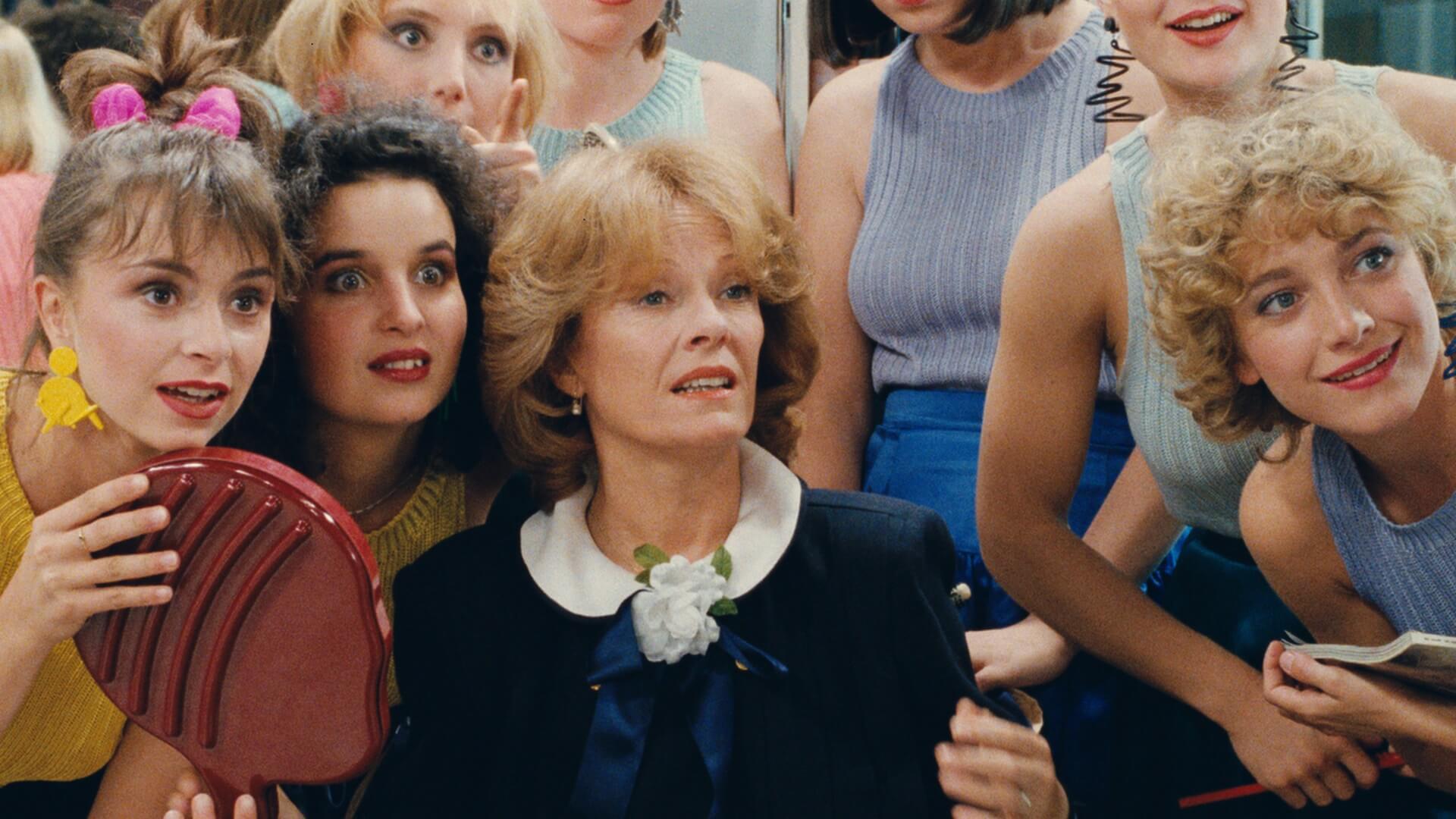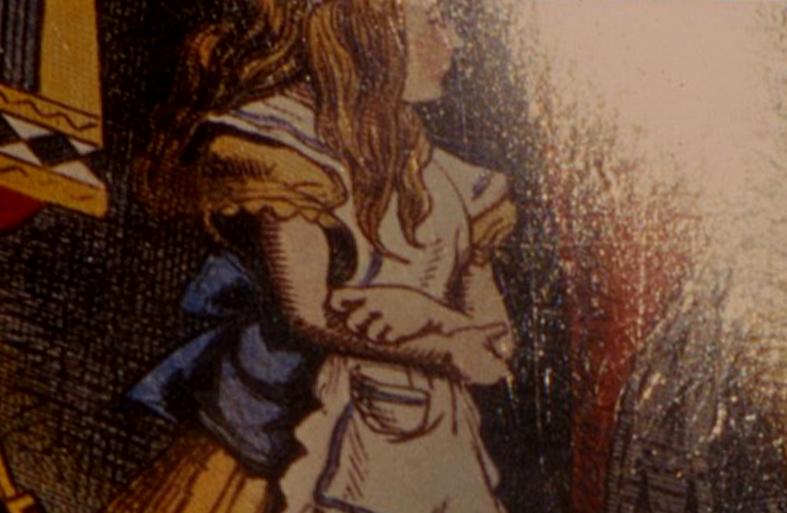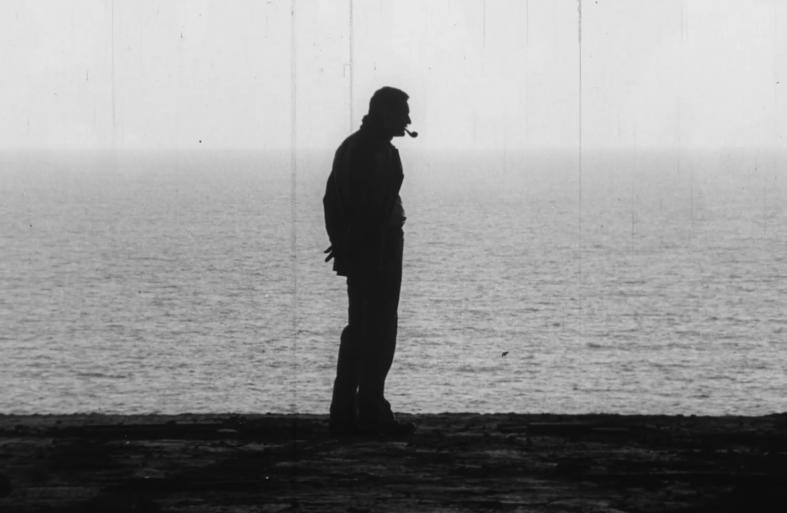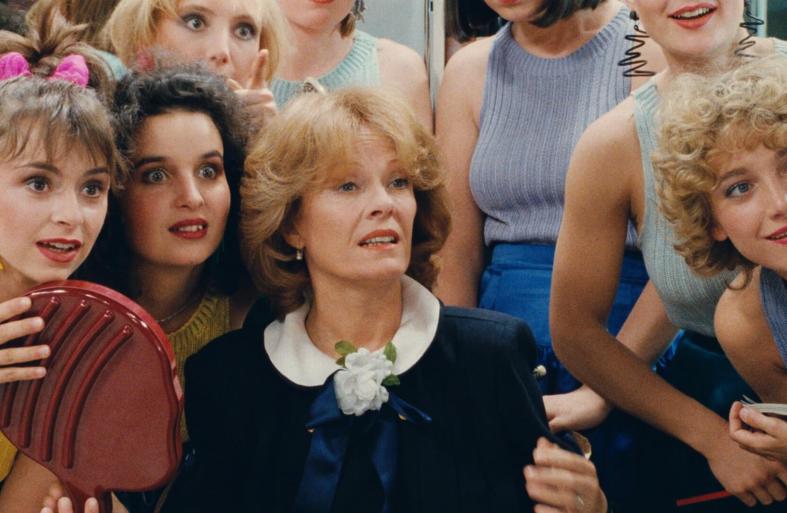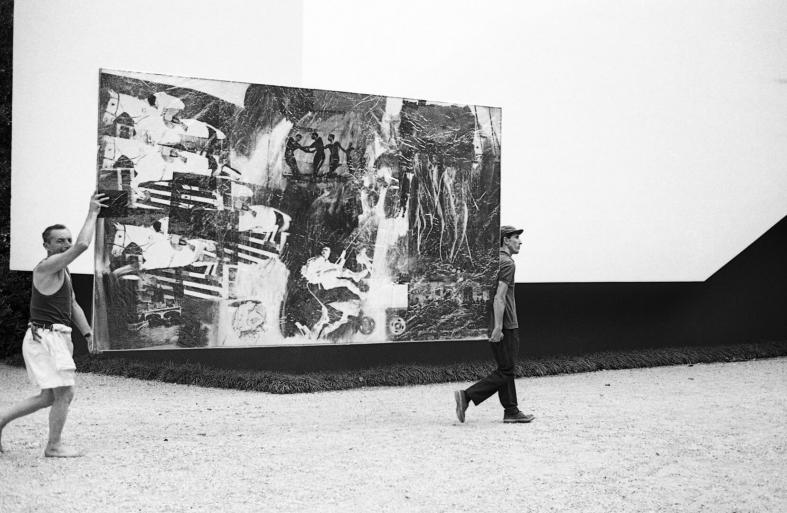This year’s Intersections program is non-festive yet much-needed. Being in the middle of the war with so much suffering and death, the hostages still not released, we ask ourselves about the meaning of art in such dark times. We believe in the power of art to put life and creativity over destruction and death.
The Experimental Cinema and Video Art Awards showcases eight visual artists from Israel's most recent films. The competition presents an audacious approach to video art and experimental cinema, interweaving personal and political themes and responding to today's troubled environment. This broad scope of contemporary images reaches far beyond conventional narrative cinema, ranging from rough aesthetics to subtle poetics.
Two prizes will be awarded: The Lia van Leer Award on behalf of Rivka Saker (15,000 NIS) and The Ostrovsky Family Fund Award (12,000 NIS). We salute the artists: Amir Yatziv, Leila Erdman – Tabukashvili, Alona Rodeh, Akim Dolinsky, Jonathan Omer Mizrahi, Yasmin Davis, Roy Menachem Markovich, Shalom Hai.
At the Mamuta Art and Research Center curator and scholar Judith Lenglart presents an exhibition of short films, videos, and photographs from the 1970s, a decade during which performance, body art, and video art emerged in Israel. The works often express a confrontation of shared traumas, like the Holocaust and the Yom Kippur War, with identity and gender matters, as well as the artists’ personal experiences. Participating artists: Avraham Eilat, Gideon Gechtman, Yoram & Alina Gross, Haim Maor, Joshua Neustein, Georgette Batlle & Gerry Marx, Dov Or Ner, David Perlov, Yocheved Weinfeld.
THE CELLAR (1963) by Nathan Gross will be shown at the Jerusalem Cinematheque. About one year after the Eichmann trial, director Nathan Gross delves into the traumas of the Holocaust for the first time in Israeli film. Written by Gross and Shimon Yisraeli, the script includes events culled from the director’s own life. It is the first film in Israeli cinema to adopt a Holocaust survivor’s perspective. Presented by curator Judith Lenglart.
Once again, we will pay homage to one of the most acclaimed experimental filmmakers, Chantal Akerman. GOLDEN EIGHTIES, is a playful musical Akerman directed in 1986.Through this colorful, recently restored escapade, Akerman’s sharp eye examines a multitude of topics, from capitalism and feminism to Jewish identity. Presented by scholar Ori Levin.
TAKING VENICE by Amie Wallach is a poignant documentary recounting the 1964 Venice Biennale and how the American government intervened to assure Rauschenberg’s work would be the winning one that year.
BRITISH WOMEN OF THE AVANT-GARDE: A FEMALE MAZE features four women filmmakers whose films are gems of experimental cinema. The filmmakers presented here have an innovative and a very personal perspective on their surrounding world. This program emphasizes the transformative influence these artists have had through their provocative works and practices that shaped the feminist art movement.
During these turbulent times we are enduring we hope to bring a space for comfort, calm, perhaps some smiles, and some thought on this year’s Intersections.
Vivian Ostrovsky and Sala-Manca







